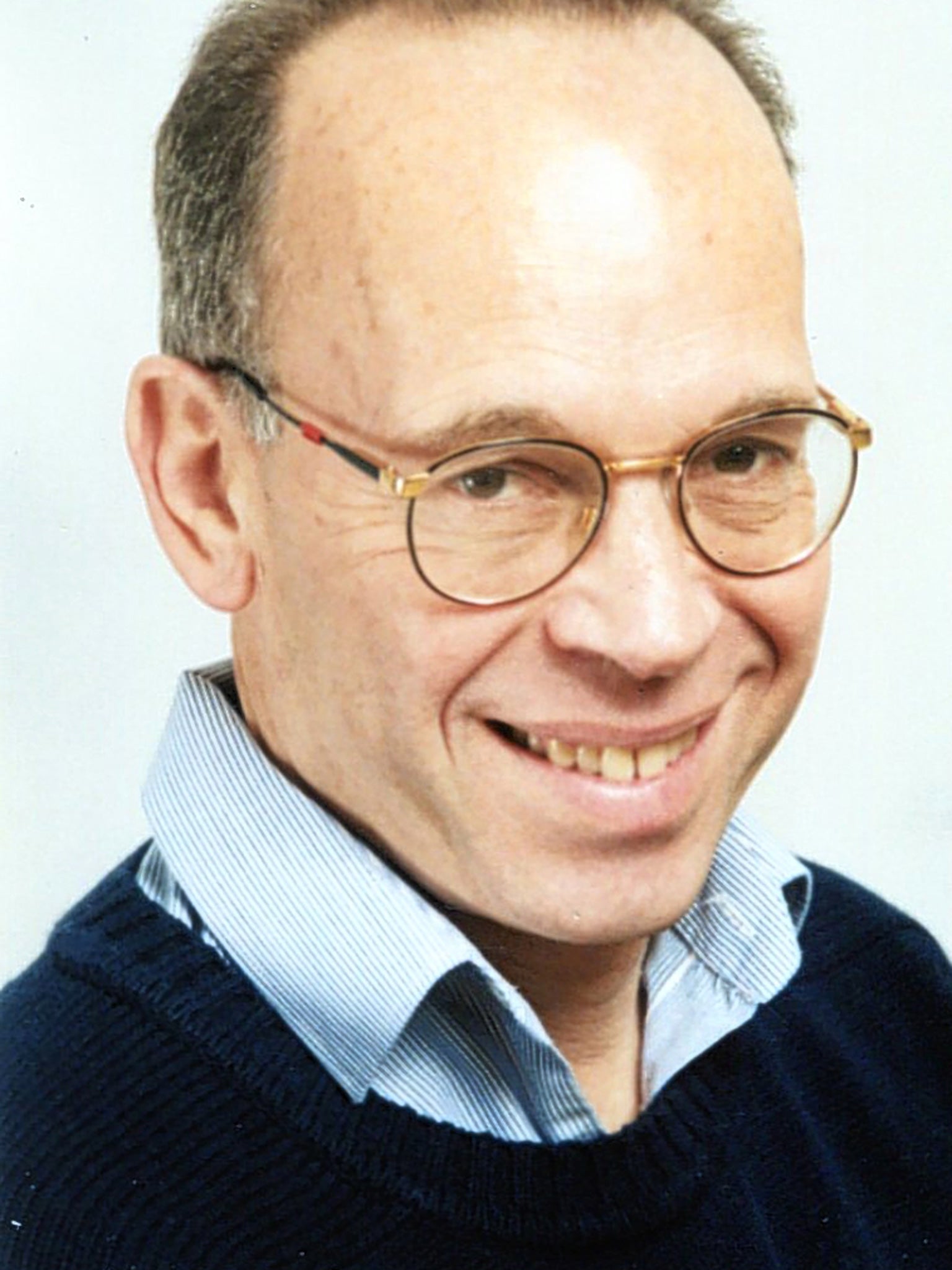Adrian Leftwich: Leading anti-apartheid activist who turned state witness

By most standards, Adrian Leftwich's life was brimming with achievement. He established a public reputation as a leading British academic and author – and a private reputation as a single father of two children who adored him. In earlier years in Cape Town, he was a national student leader and a founder member of the underground anti-apartheid movement. But it was six dire months in 1964 that defined his image.
From that point on, Leftwich was known as the liberal who became a high-profile state witness for the apartheid regime. For this sin he was never forgiven by most of his former comrades, or indeed, himself.
It would not have been that way but for the brutality of apartheid. In 1960, when Leftwich was about to be elected president of the National Union of South African Students, the police gunned down protesters in Sharpeville, killing 69. The apartheid government followed this by banning and detaining members of their serious opposition, including much of the leadership of the Liberal Party, to which Leftwich belonged. Despairing of peaceful protest, Leftwich co-founded the National Liberation Committee, which launched a sabotage campaign against state installations and services. The group, consisting mainly of white liberals, later changed its name to the Africa Resistance Movement.
Between 1961 and 1964 they were credited with at least 25 sabotage attacks, and Leftwich was involved in several, including blowing up a suburban railway line in Cape Town. He also helped to train recruits in how to hold out against interrogation – but some were doubtful in their admiration for this charismatic student leader. The British-based poet Jonty Driver, who succeeded him as NUSAS president, wrote 40 years on that while sharing a house with Leftwich he learnt "a great deal about his psychological frailties – having previously admired many of his qualities, including his brilliance in political debate and his skills as an organiser."
Leftwich was one of 29 ARM activists detained by the security police in 1964. The raid netted documents that included a list of all ARM members. Several detainees were battered and tortured and 14 were charged. Leftwich gave evidence against them at trials in Cape Town and Johannesburg, helping to send them to jail for periods of five or more years (Eddie Daniels, the sole mixed-race ARM detainee, received the longest sentence – 15 years). Even the judge seemed disgusted with the star witness: "To refer to him as a rat is hard on rats," he remarked.
A weeping Leftwich reiterated his abhorrence with apartheid while trying to explain his decision to testify against his friends, and added. "I certainly hope that there will be a time when… these people who I am giving evidence against can forgive me."
But this broken man, who left the country soon after, found that forgiveness was an elusive gift. In anti-apartheid circles there was some sympathy for those who named names under torture, but the attitude to state witnesses – particularly those who testified against their own recruits – was less magnanimous. He was ostracised by former comrades, who tried to block academic posts he sought; and he remained a pariah mainly because of what happened in 1964, but also because of his subsequent critiques of leftist academic views. Eventually he carved out a niche at the University of York, completing his PhD there and going on to become a well-respected professor in their Department of Politics and later research director of the university's Development Leadership Programme. He wrote six books on politics, economic growth, democracy and development.
He also forged a new identity in his private life, raising his two children, Ben and Maddy, virtually single-handed.
Eventually, in 2002, he wrote a mea culpa in Granta entitled "I gave the names", admitting that very soon after being detained he lost the will to do anything other than "get out of there – to crawl, to beg, to trade". It would be easy to blame this on the "roughing up", interrogations, fear and on solitary confinement, but in truth, he said, it was the prospect of 20 years in jail or the death sentence, which terrified him. "In the gulf that opened up between my reach and my limits, between my knowledge and my self-ignorance, between my fantasies and my capacities, I crashed."
In the late 1990s, Stephanie Kemp, one of those whom Leftwich recruited and testified against, made contact, prompting "a painful journey of reconciliation with him over 12 or more years." Encouraged by her, he later made two visits to South Africa.
Kemp, who'd been viciously beaten by the security police, commented on Leftwich after his death: "During the struggle, those who faltered as he did were rightly reviled and rejected." But she was distressed that while her comrades had "talked with the architects of apartheid", many were still unable to forgive Leftwich, who was "the same person although he could never forget his fall almost 50 years ago. Neither was he allowed to." She went on to commend his "courage in taking on the apartheid state at such a young age and his fortitude in bearing the notoriety of stumbling in the face of enormous state repression."
Leftwich was diagnosed with lung cancer late last year and died four months later.
Adrian Leftwich, academic and former underground activist: born Cape Town, South Africa 1940; died York 2 April 2013.
Join our commenting forum
Join thought-provoking conversations, follow other Independent readers and see their replies
Comments
Bookmark popover
Removed from bookmarks